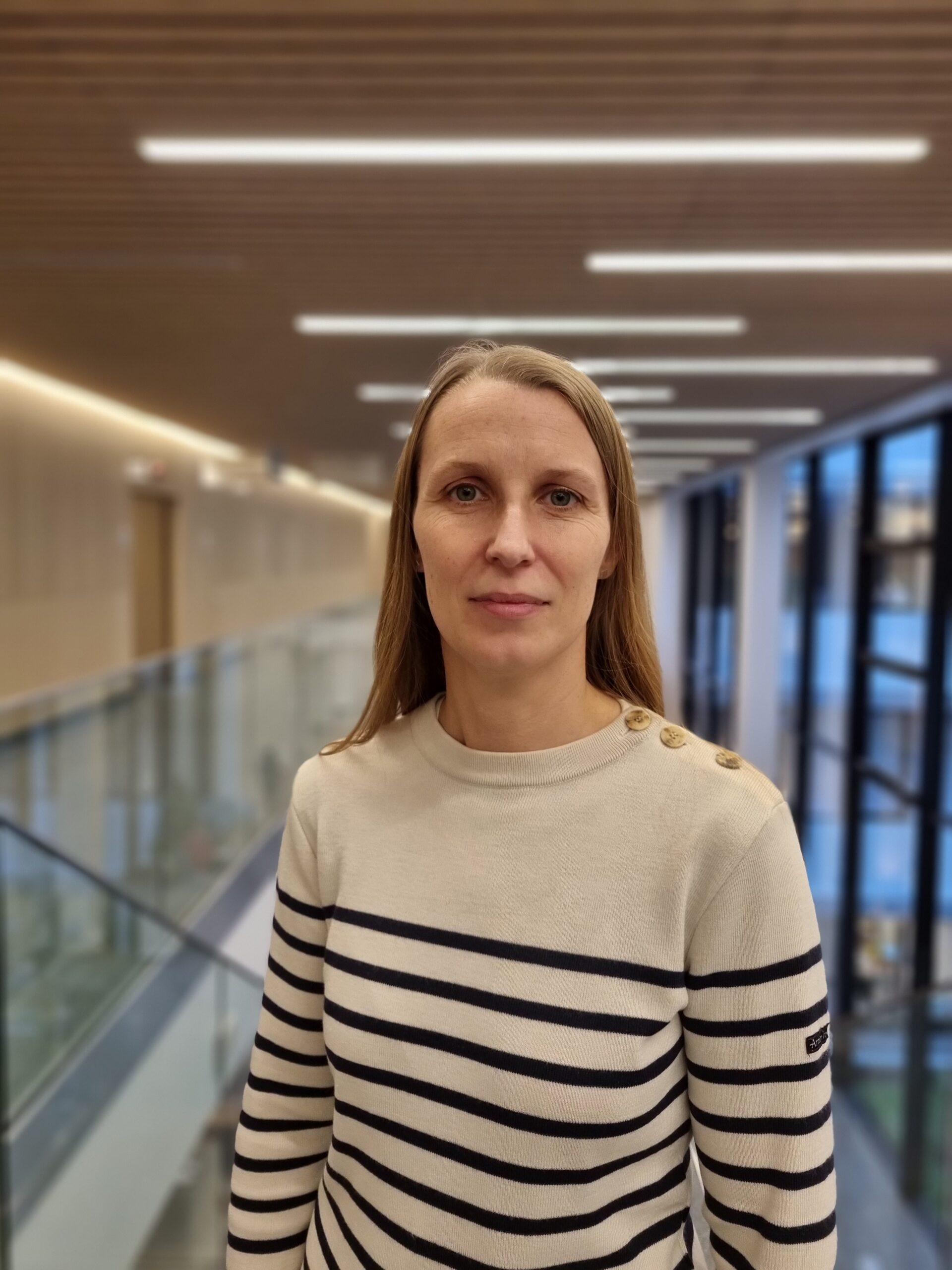Soizic Garaud, immunologist, working on the identification of predictive biomarkers of immunotherapy side effects

Dr Soizic Garaud is an immunologist working at the crossroads of autoimmune diseases and oncology. She started the IICIT project in January 2022 at the LBAI lab, in the University of Western Brittany.
[Team BIENVENÜE]: Hello Soizic, how did you come to work on your research topic?
[Dr Soizic Garaud] I studied biology in Rennes, and then I joined the B-lymphocytes, Autoimmunity and Immunotherapies (LBAI) laboratory in Brest for my PhD. I worked on autoimmune diseases, focusing on the role and involvement of B-lymphocytes in their appearance. B-lymphocytes are white blood cells, which play an important role in the immune system and the creation of antibodies.
I then joined the Jules Bordet Institute, an integrated cancer centre, in Brussels to work in immuno-oncology. This is a new discipline dedicated to research on the involvement of the immune system in cancer. I was able to participate in the development of new knowledge including the contribution of B-lymphocytes in the anti-tumour response in breast cancer. A better understanding of their mechanisms has allowed the development of new therapies, called immunotherapies, which have revolutionised the field of medical oncology.
What will you work on during the IICIT project?
Among these immunotherapies are treatments with immune checkpoint inhibitors, i.e. treatments that block the action of checkpoints that some cancer cells use in order to protect themselves from attack by the immune system. While this therapeutic approach has given hope to patients with advanced cancer, a majority of them develop side effects, some of which are severe and in rare cases fatal. In the IICIT project, I will try to understand the mechanisms behind these side effects, which are similar to autoimmune diseases.
In order to do this, I will study immune cells in depth to identify biomarkers, i.e. specific characteristics linked to side effects. My first analyses will be carried out on samples from my work at the Jules Bordet Institute. Once these biomarkers have been identified, I will have to validate them on a larger sample to ensure their robustness thanks to the development of a prospective clinical study at the Brest University Hospital. This phase will continue beyond the 24 months of the IICIT project.
Why did you choose to carry out this project at the LBAI lab?
Firstly, the laboratory has world-renowned expertise in autoimmunity, and I can benefit from this for my work by exchanging with my colleagues. I also have access to state-of-the-art technologies to carry out my experiments, such as the Hyperion mass cytometry platform in Brest.
Since my installation, I have also benefited from the support of the oncologists at the Brest University Hospital. For the moment, they do not have a diagnostic tool to anticipate the side effects of immunotherapy and are very interested in my future results. In the long term, my results could allow them to identify patients at risk of developing side effects and to anticipate better tracking of them. This would offer patients a better quality of life during treatment.
Do you have a recommendation for the reader who is curious to know more?
For all curious minds, child or adult, I recommend this video in French : “L’immunothérapie de mon cancer” or this one in English : “Immune Checpoint Inhibitors”.
Thank you Soizic!